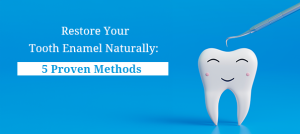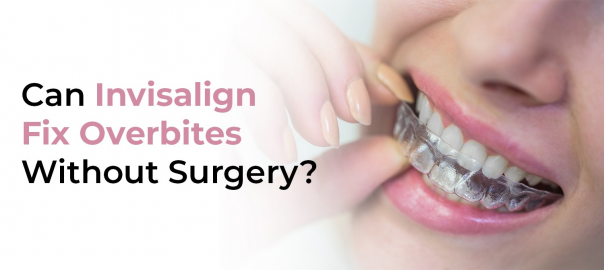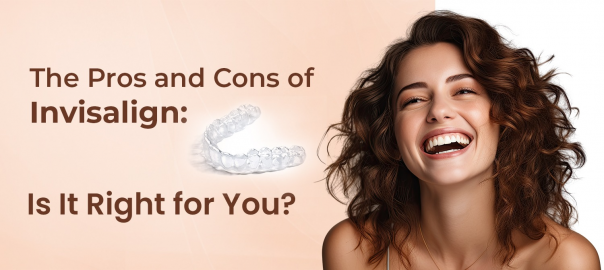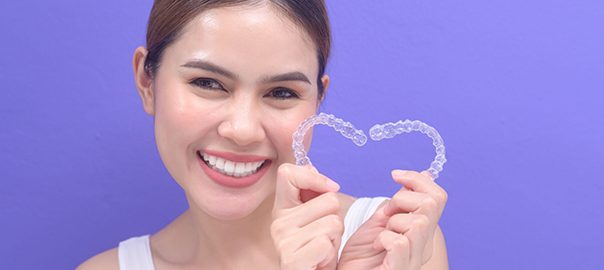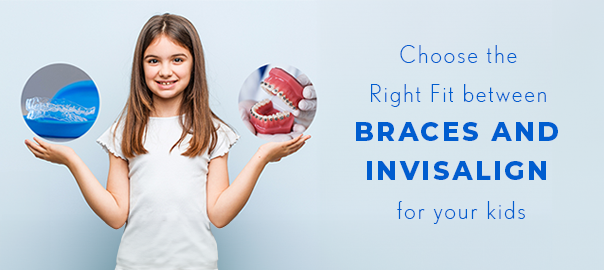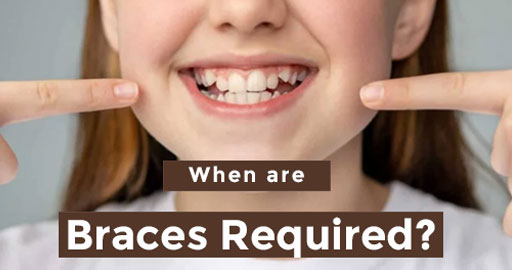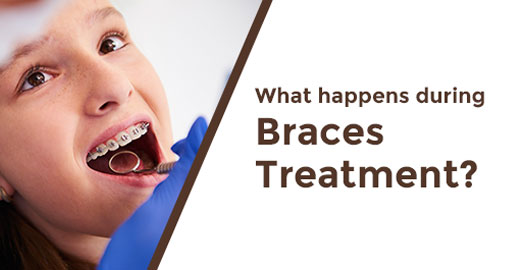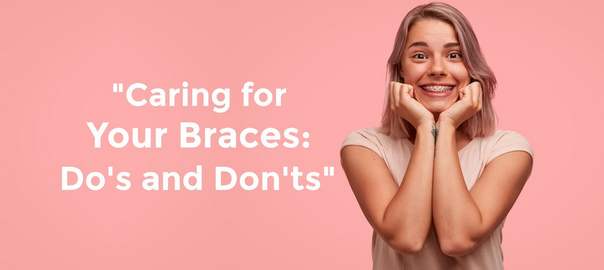
Caring for Your Braces: Dos and Don’ts
Imagine that you just had your braces fitted or probably planning to. Well, it is pretty important to learn how to take proper care of them. It will not only bring you the best results in taking good care of your braces but also make you achieve your orthodontic treatment journey with minimal bumps. So, let’s take some time discussing a few dos and don’ts that are really important regarding the care of your braces in this blog post. Let’s get going!
Dos for Taking Care of Your Braces:
- Brush and floss regularly: Orthodontic treatment mandates that you keep your teeth and your orthodontic appliance clean. Brush your teeth after every meal using a soft-bristle toothbrush with fluoride toothpaste. Special care must be taken with the region around each bracket and wire, yet regions that can’t be reached. Flossing is also included in their treatment, and you can use floss threaders or orthodontic floss to clean in between the teeth and below the wires.
- The interdental brush should complement brushing and flossing. This tiny brush is going to be used to clean around brackets and wires, areas that brushing and flossing cannot reach. It slides softly in-between the teeth then forward and backward so it can knock all of the food or plaque out.
- You should only take food that is friendly to braces during the orthodontic course. In this way, you will have nothing damaged in your braces. Some of the braces-friendly foods include soft fruits, cooked vegetables, pasta, and dairy products, which you should take. Chop your food into small mouthfuls so that it is easier to chew. Avoid sticky and hard foodstuffs such as chewing gum, caramel, popcorn, and hard candies because they may contort the wires or loosen the brackets.
- Protect your braces if you have sporting activities which will most probably make you bang into something: If you are likely to engage in any sporting activity which will most probably make you collide with something, you must protect your braces. The best protection for that collision for your braces is by the use of a mouthguard. Your orthodontist ought to be able to offer you the right mouthguard which is meant to fit over your braces in order to protect you.
- The regular orthodontic appointment schedule will determine how well your treatment will be completed. Visit the orthodontist according to his appointment schedule to get any adjustments made to your braces and then to address further concerns or problems appropriately. This will ensure that you complete your treatment within the schedule and make all the adjustments needed in the treatment.
Dos and Don’ts for Caring for Your Braces:
- Never put anything in your mouth except food, such as pens, pencils, or ice. Biting down on something that hard will warp your braces, your wire, or your bracket and could cause costly repairs, to say nothing of possible setbacks in your treatment. Do not put anything in your mouth except what’s meant to go there. Do not use your teeth as tools.
- Avoid sticky food: These are the kind of foods that can easily stick in your brackets and wires for braces. Thus, cleaning them becomes hard, raising the risk for tooth decay. Examples include sugary candies that chew, taffy, caramel, and soda; thus, it’s a sticky food that sticks on your braces. Healthy consumption of fruits, vegetables, and water is the best.
- Don’t miss brushing and flossing: Of course, you must know your oral hygiene routine. You may not miss it because nothing wrong happens due to that. Well, you might sadly think so. It is the work of not missing brushing and flossing that can lead serious issues in your dental health by doing it. The point is that this work becomes even more important in case of braces. Skipping brushing and flossing will quickly lead to plaque, bad breath and gum disease. Just don’t forget to set a certain period of your time every day to clean your teeth and braces really well./li>
- Don’t ignore pain or loose wires: As you begin wearing braces it may be slightly uncomfortable or irritating right after getting them or an adjustment. If it happens that the problem is due to a loose wire, that sharp edge, or bruising, do not discount it. Let your orthodontist know what you can do to alleviate the pain or schedule an appointment to have it corrected. Otherwise, you may end up letting the situation get worse with more discomfort and even damage the braces themselves.
So far what has been discussed is what has been brought out. Let it be in the first place known that proper orthodontic treatment would only be achieved if proper care and maintenance of braces is upheld. Dos and don’ts attract desired outcomes and all complications that develop are minimized. A routine affair of brushing and flossing, eating braces-friendly food, protecting the braces during any sporting activities, regular follow-up visits to the orthodontic office, and avoiding habits that may injure them. In this way, you are closer to having a healthy beautiful smile once the braces are finally removed.
So, if you have any question or concern in relation to your braces, just reach out to your orthodontist-that’s actually the best source for individual guidance and to address issues that are particular to your treatment. Make sure to keep up with your oral hygiene routine and the care guidelines given by your orthodontist, and very soon you will be reaping the rewards of a straight and confident smile.
Leave a Reply
Leave a Reply
POPULAR POST










